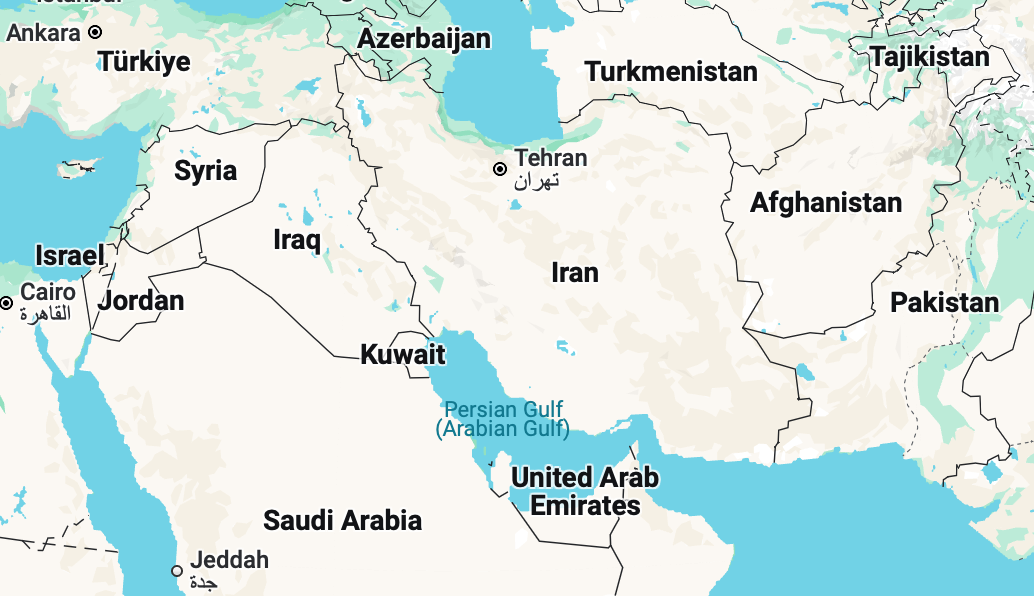As Israel and Iran exchanged fire for a sixth straight day on Wednesday, Iran’s Foreign Ministry warned that any direct military intervention by a third country could trigger an all-out regional war.
Foreign Ministry spokesman Esmail Baghaei told Al Jazeera that outside involvement would create a conflagration that “would engulf all the region.”
On the possibility of talks with the United States, Baghaei said, “Diplomacy never ends.” However, he added that Tehran had lost all trust in Washington.
Baghaei said Iran’s attacks remain focused solely on Israeli territory and expressed confidence that neighbouring countries would not allow the U.S. to use their land to launch strikes on Iran.
Russia also warned the U.S. against entering the conflict.
Moscow, a close ally of Tehran, has criticised Israel for pushing the region toward “nuclear catastrophe.”
The UN’s nuclear watchdog said on Wednesday that Israel had struck two sites in Iran that manufacture parts for uranium enrichment centrifuges.
The International Atomic Energy Agency (IAEA) identified the facilities as the TESA Karaj workshop and the Tehran Research Centre. Both were under agency monitoring.
“At the Tehran site, one building was hit where advanced centrifuge rotors were manufactured and tested. At Karaj, two buildings were destroyed where different centrifuge components were manufactured,” the IAEA wrote on X.
Casualty figures mount as exchanges continue.
The Human Rights Activists NewU.S.-based group of Iranian activists, reported that 585 people have been killed in Israeli attacks, including 239 civilians and 126 military personnel. More than 1,300 people have been injured.
In Israel, authorities say 24 people have died and over 800 have been injured since the conflict began.
More than 50 Israeli fighter jets took part in strikes around Tehran on Wednesday, hitting facilities linked to weapons and missile production.
Iran has once again fired rockets at Israel, the Israeli army said on Wednesday evening.
“Defence systems are operational to intercept the threat,” it said in a statement. Iran confirmed the attack.
In several areas of the country, including the densely populated Tel Aviv metropolitan area, warning sirens wailed.
People in the affected regions were instructed to temporarily remain in shelters. They have since been allowed to leave them.
The Israeli broadcaster Kan reported that a rocket had reached Israeli territory and was shot down.
The Magen David Adom rescue service stated that a vehicle in the centre of the country was hit by a rocket fragment. However, the driver was fully conscious.
The last rocket attacks from Iran occurred during the previous night. Since then, the Islamic Republic has also attacked Israel with drones.
At the same time, Israel continues to target sites in Iran. In the past 24 hours, the Israeli Air Force has conducted three waves of attacks, said army spokesman Effie Defrin in the evening. He said they targeted around 40 positions in Tehran.
Iran’s Islamic Revolutionary Guard Corps (IRGC) have claimed that in their latest attack on Israel they fired one of the most advanced types of rockets from their arsenal, the Sejjil, with a range of at least 2,000 kilometres for the first time.
Due to their solid fuel propulsion, the rockets are significantly quicker to deploy and harder to detect than liquid-fuelled systems. They can carry warheads weighing up to 1 metric ton.



